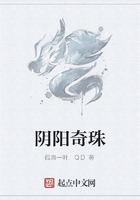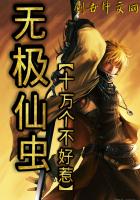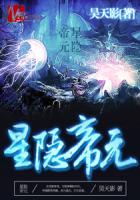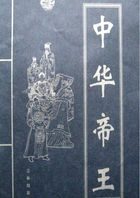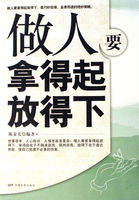Too little liberty existed in Europe to allow those who first occupied themselves with political economy to present their speculations to the world; and finances were enveloped in too profound a secrecy to admit of men, not engaged in public business, knowing facts enough to form the basis of general rules. Hence the study of political economy began with ministers, when once it had fortunately happened that kings put men at the head of their finances, who combined talents with justice and love of the public weal. Two great French ministers, Sully under Henry IV, and Colbert under Louis XIV, were the first who threw any light on a subject till then regarded as a secret of state, in which mystery had engendered and concealed the greatest absurdities. Yet, in spite of all their genius and authority, it was a task beyond their power to introduce any thing like order, precision, or uniformity into this branch of government. Both of them, however, not only repressed the frightful spoliations of the revenue farmers, and by their protection communicated some degree of security to private fortunes; but likewise dimly perceived the true sources of national prosperity, and busied themselves with efforts to make them flow more abundantly. Sully gave his chief protection to agriculture. He used to say that pasturage and husbandry wee the two beasts of the state. Colbert, descended from a family engaged in the cloth trade, studied above all to encourage manufactures and commerce. He furnished himself with the opinion of merchants, and asked their advice on all emergencies. Both statesmen opened roads and canals to facilitate the exchange of commodities: both protected the spirit of enterprise, and honoured the industrious activity which diffused plenty over their country.
Colbert, the latter of the two, was greatly prior to any of the writers who have teated political economy as a science, and reduced it to a body of doctrines. He had a system, however, in regard to national wealth: he required one to give uniformity to his plans, and delineate clearly before his view the object he wished to attain. His system was probably suggested by the merchants whom he consulted. It is now generally known by the epithet mercantile, sometimes also by the name Colbertism. Not that Colbert was its author, or unfolded it in any publication; but because he was beyond comparison the most illustrious of its professors; because, notwithstanding the errors of his theory, the applications he deduced from it were highly advantageous; and because, among the numerous writers who have maintained the same opinion, there is not one who has shown enough of talent even to fix his name in the reader's memory. It is but just, however, to separate the mercantile system altogether from the name of Colbert. It was a system invented by trading subjects, not by citizens; it was a system adopted by all the ministers of absolute governments, when they happened to take the trouble of thinking on finance, and Colbert had no other share in the matter than that of having followed it without reforming it.
After long treating commerce with haughty contempt, governments had at length discovered in it one of the most abundant sources of national wealth. All the great fortunes in their states did not indeed belong exclusively to merchants; but when, overtaken by sudden necessity, they wished to levy large sums at once, merchants alone could supply them. Proprietors of land might possess immense revenues, manufacturers might cause immense labours to be executed; but neither of them could dispose of any more than their income or annual produce. In a case of need merchants alone offered their whole fortune to the government. As their capital was entirely represented by commodities already prepared for consumption, by merchandise destined for the immediate use of the market to which it had been carried, they could sell it at an hour's warning, and realise the required sum with smaller loss than any other class of citizens.
Merchants therefore found means to make themselves be listened to, because they had in some sort the command of all the money in the state, and were at the same time nearly independent of authority - being able, in general, to hide from the attacks of despotism a property of unknown amount, and transport it, with their persons, to a foreign country, at a moment's notice.
Governments would gladly have increased the merchant's profit, on condition of obtaining a share of it. Imagining that nothing more was necessary than to second each other's views, they offered him force to support industry. and since the advantage of the merchant consists in selling dear and buying cheap, they thought it would be an effectual protection to commerce, if the means were afforded of selling still dearer and buying still cheaper. The merchants whom they consulted eagerly grasped at this proposal; and thus was founded the mercantile system. Antonio de Leyva, Fernando de Gonnzago, and the Duke of Alva, viceroys of Charles V and his descendants - the rapacious inventors of so many monopolies - had no other notion of political economy. But when it was attempted to reduce this methodical robbery of consumers into a system; when deliberative assemblies were occupied with it; when Colbert consulted corporations; when the people at last began to perceive the true state of the case, it became necessary to find out a more honourable basis for such transactions; it became necessary not only to study the advantage of financiers and merchants, but also that of the nation: for the calculations of self-interest cannot show themselves in open day, and the first benefit of publicity is to impose silence on base sentiments.






